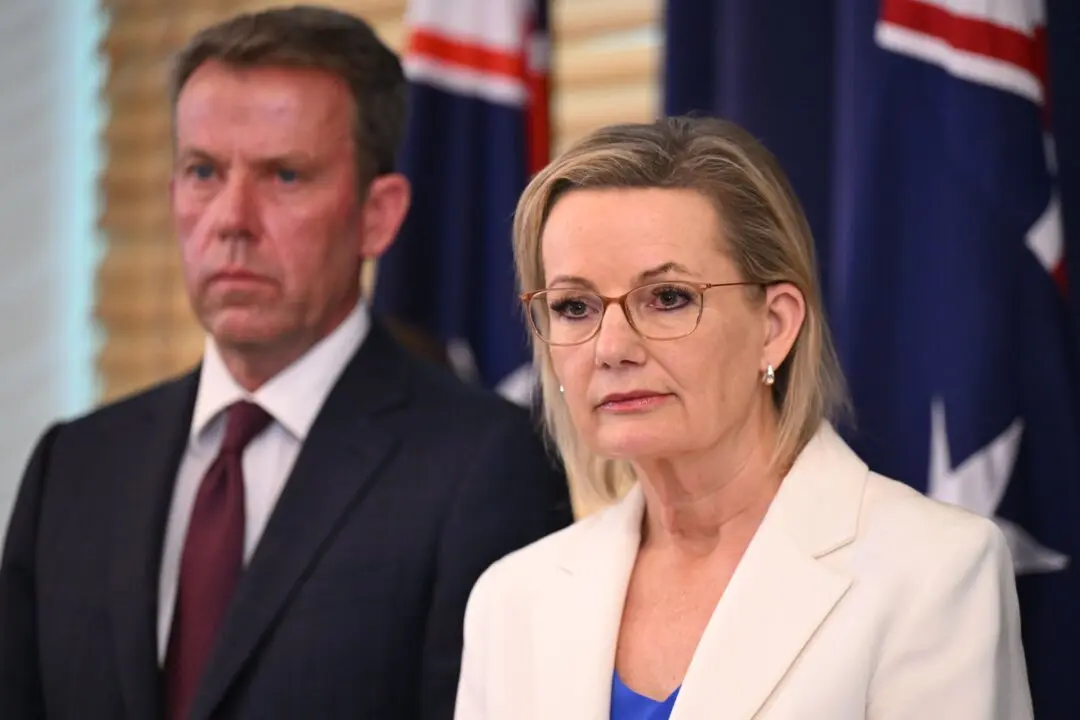Beijing has cultivated relationships with overseas Chinese-language media via major global conferences headlined by Communist Party leaders in what experts say is part of its broader united front work. The revelations come after four Chinese nationals and journalists were denied re-entry into Australia following allegations they engaged in espionage or foreign interference.
Since 2013, 92 Chinese-language media outlets from Australia have taken part in the Global Chinese Language Media Forum.




